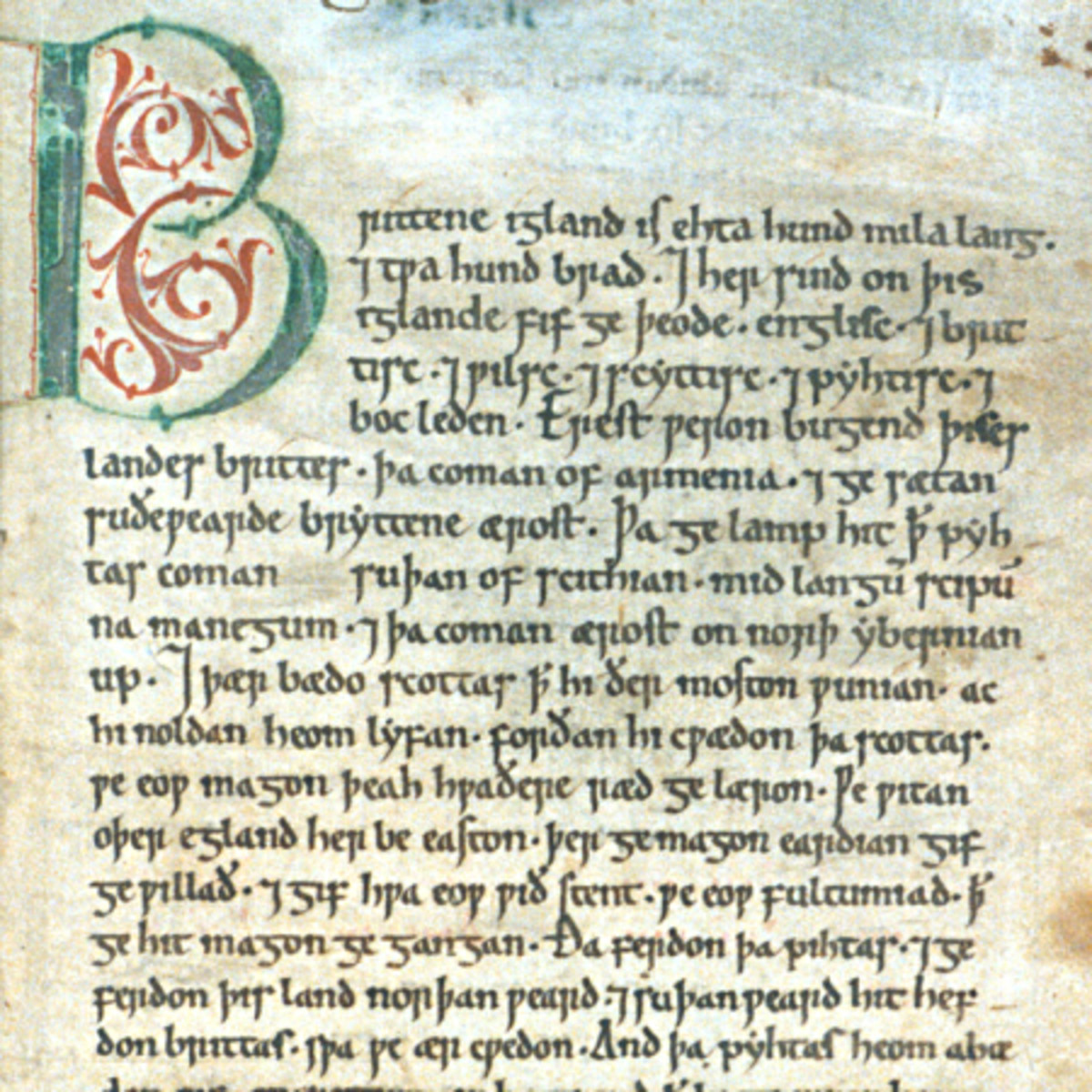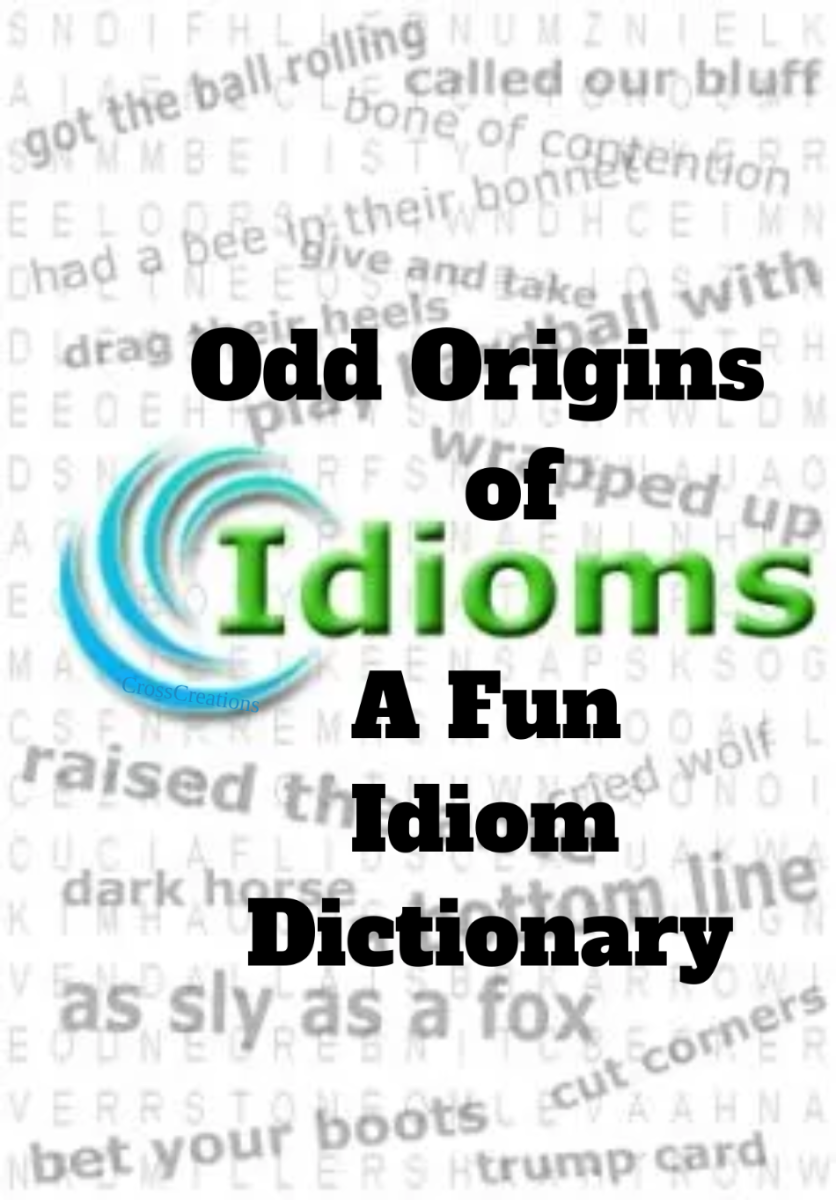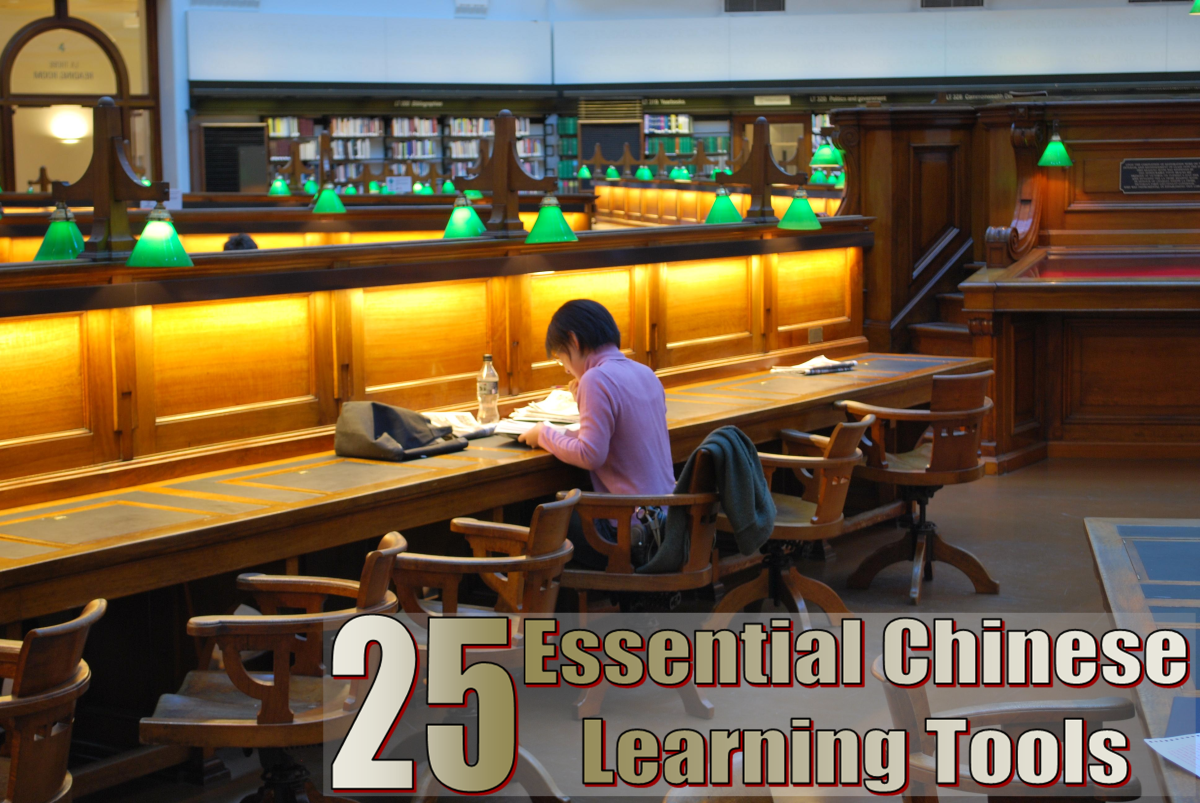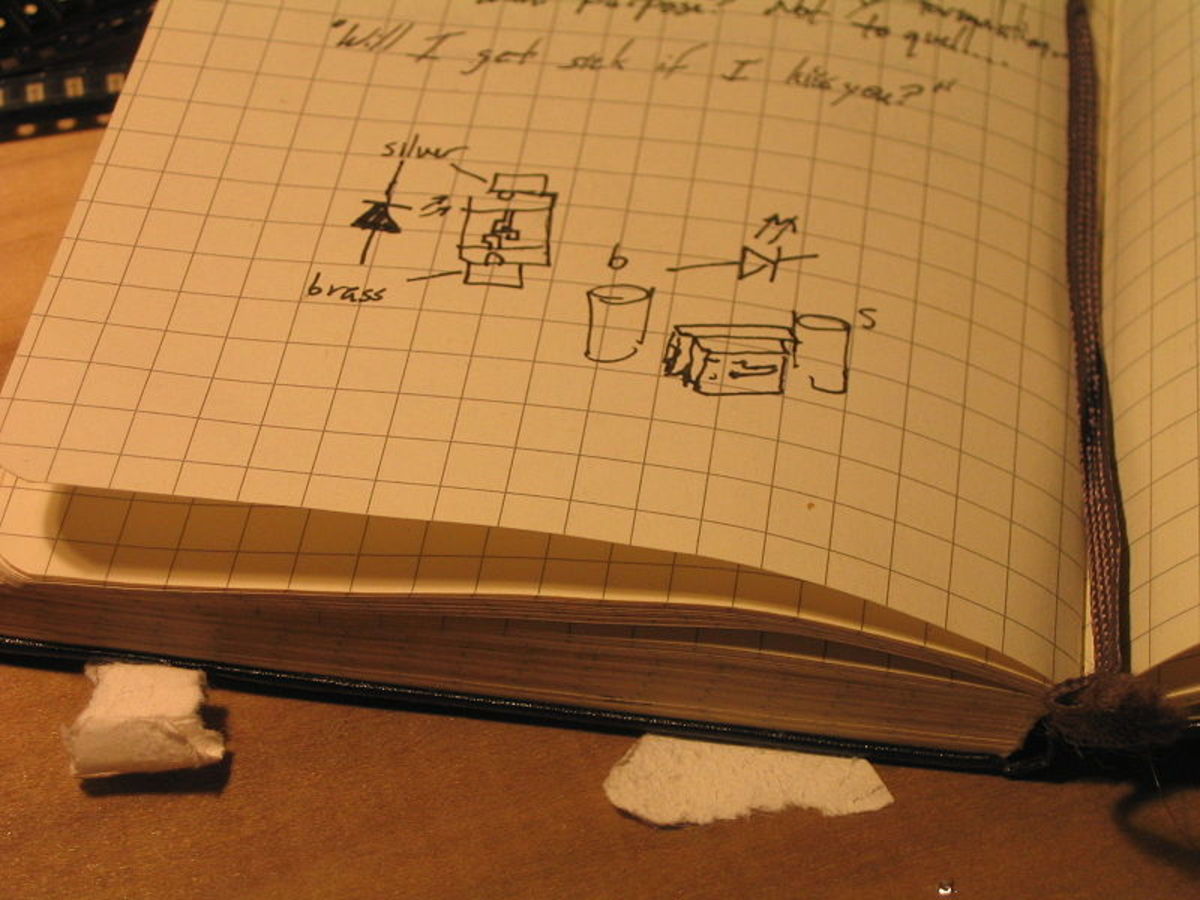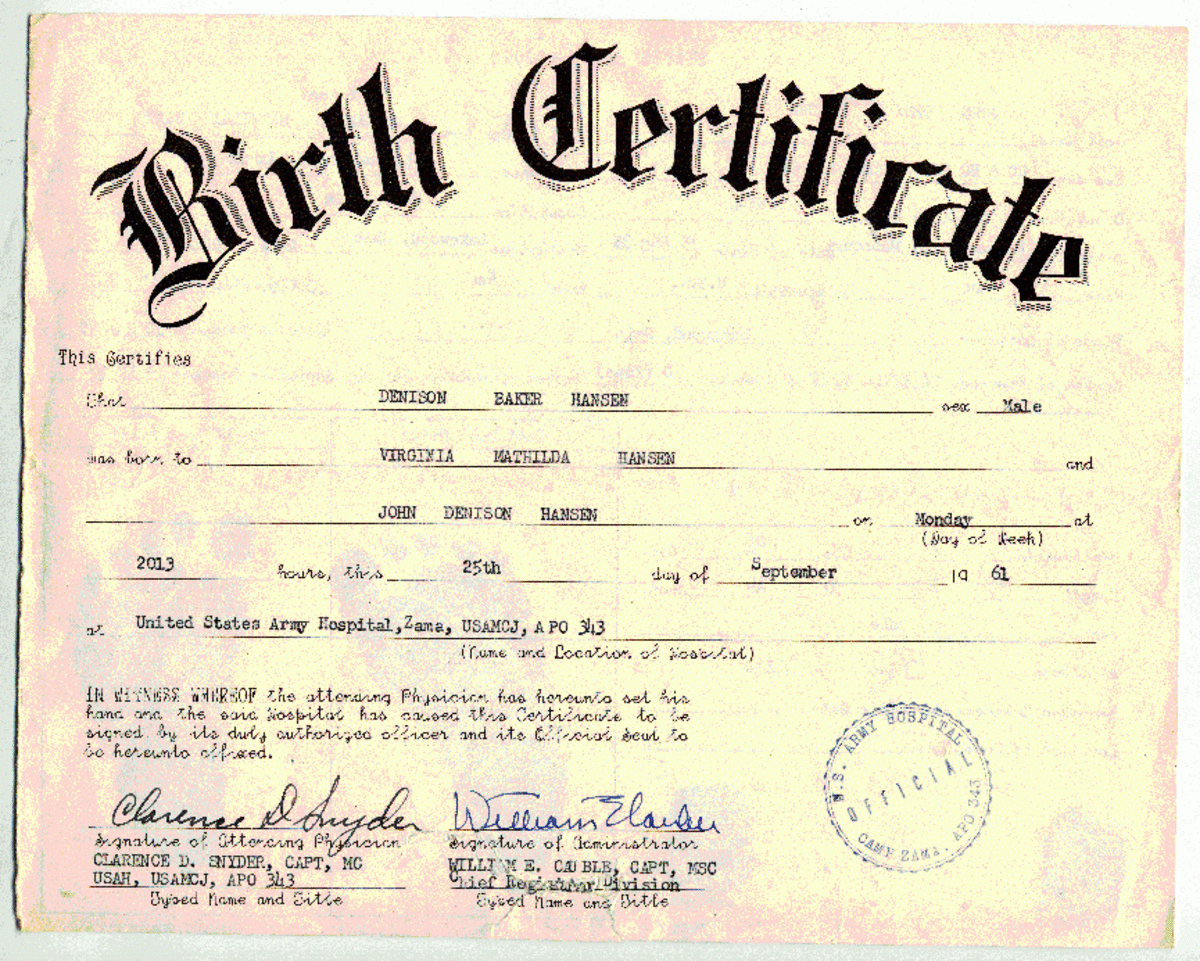Dictionaries and Encyclopedias On-Line
Remember those door-to-door encyclopedia salesmen? They tried to sell you an entire suitcase full of books with a handy, easy installment plan. Their argument was that if you bought the encyclopedia, your child would do better in school, and therefore, in life. Well, they are no more. Anybody can consult countless encyclopedias and dictionaries on-line free of charge.
So this year, though I spent some money on ordering my daughter's textbooks to keep at home, I saved money by not buying any reference materials. Instead, if my daughter needs to look something up, I will direct her to the following on-line resources.
Cambridge Dictionaries
English Dictionaries
The Cambridge dictionary site allows a student to search a number of different English language dictionaries. If you want to choose Standard Americna English, they have that. But they also enable one to look up words whose usuage is primarily British or Australian.They also have an on-line French/English dictionary.
Of course, if you are already fluent in French and are ready for encyclopedia style entries in the French language, there is nothing to beat Larousse.
Linguist List of Bilingual Dictionaries
Bilingual Dictionaries
For those who are studying a foreign language, the Linguist List provides a whole list of bilingual dictionaries in many of the world's languages. There is also a separate list of monolingual dictionaries.
Linguist List Monolingual Dictionaries
Medical Dictionaries
There are also medical dictionaries to consult in different languages. The medical vocabulary used in English is full of Latinate and Greek roots, so for the better understanding of traditional medical terms, it is helpful to consider an etymological dictionary.
Dictionary of English Roots
- English Vocabulary Quick Reference - A Comprehensive Dictionary Arranged by Word Roots
Dictionary arranged by root words, with a comprehensive list of words containing each root. Build vocabulary, boost verbal SAT scores, includes medical words
Etymology as the Key to Spelling
English is a mixed language, a sort of hybrid. This accounts for its inconsistent system of spelling. Basic vocabulary in English is derived from Anglo-Saxon, a branch of the Germanic language family. Words in a higher register come from Norman French and from Latin, both members of the Italic language family. English has borrowed extensively from many other languages and language families. Knowing the origin of a word is a big help in understanding its spelling and the meaning of is subcomponents. If you want to improve your spelling or your vocabulary, a dictionary of English roots is very helpful.
The Wikipedia Link
The Wikipedia
For an encyclopedia that covers every imaginable topic in great detail with up-to-the-minute updates, there is nothing to beat the Wikipedia.
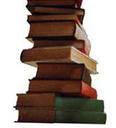
Old Books as The History of Knowkledge
If online dictionaries and encyclopedias make printed books seem obsolete, should you throw out your old dictionaries and encyclopedias? Definitely not. They represent the history of knowledge and of our culture. Hypertext gets updated so rapidly that it almost doesn't leave a trace of what we used to think. Consider the food pyramid. It doesn't look the same, anymore. Didn't they change it just last year? Our children may not know what yesterday's nutritional recommendations were.They may think that what they are being taught today in school is solid and reliable. They may not realize how important it is to think for yourself. In an old textbook or encyclopedia, there is no fudging. What the authorities and experts used to believe is there in black and white. Ask yourself: were they wrong then or are they wrong now? Or could it be both? Use the world wide web to research the current state of knowledge, but compare it with printed material you have at home to see how much things have changed!


